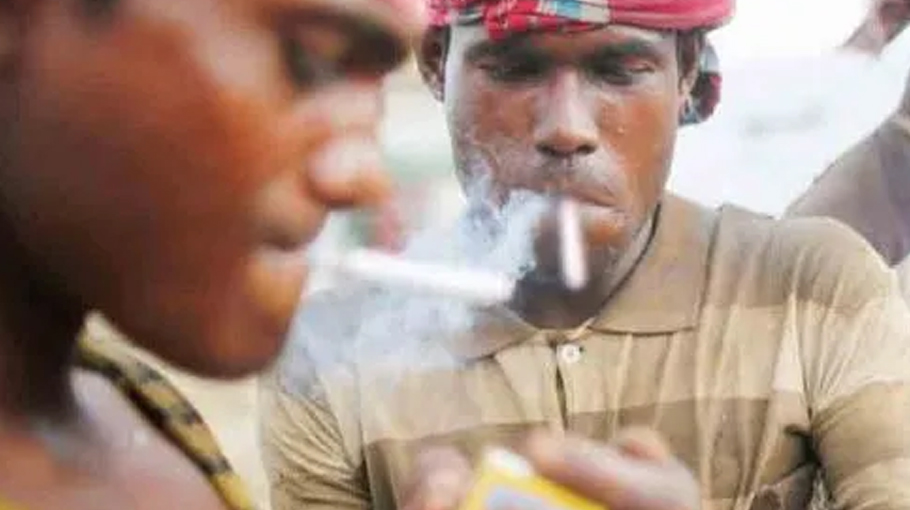Effective tobacco taxation must to safeguard low-income households

Low-income households of Bangladesh could save a lot of money if they reduced their tobacco consumptions. The saved money could be spent on improving their living conditions.
Hence, retail prices of tobacco products need to be increased significantly through effective tobacco taxation so that purchasing tobacco products becomes difficult for the people.
Speakers at a pre-budget press conference organised by Unnayan Shamannay made the comment at the Nasrul Hamid Auditorium of Dhaka Reporters’ Unity on Wednesday.
Unnayan Shamannay Chair and former Governor of Bangladesh Bank Prof Dr Atiur Rahman presented the tobacco taxation proposals at the press conference titled ‘Tobacco Taxation Proposals for FY 2022-23’.
Dr Atiur Rahman said, “In Bangladesh, the growth of per capita income is much faster than the growth of taxes on tobacco products. Hence, effective tobacco taxation proposals are being presented to ensure significant increase in retail prices of all tobacco products.”
While declaring to rid the country of tobacco by 2040, Prime Minister Sheikh Hasina had clearly directed the authorities concerned to re-haul tobacco taxation system in a manner that in one hand, ensures decrease in tobacco use and on the other hand, ensures increase in revenue earned from the sale of tobacco products, he added.
Dr Atiur further said that in alignment with that directive, anti-tobacco stakeholders have come up with tobacco taxation proposals which if implemented will result in 1.3 million citizens quitting cigarettes, 0.9 million untimely deaths avoided, and additional BDT 9,200 crore revenue from the sale of cigarettes. Dr Arup Ratan in his address laid emphasis on the role of the Ministry of Health, the National Board of Revenue and the Ministry of Finance and all other stakeholders working together to rid the country of tobacco.
CTFK Lead Adviser Mostafizur Rahman pointed out that policy makers must note that safeguarding public health, not increase in revenue should be the overarching goal of tobacco taxation. Effective tobacco taxation proposals for FY2022-23 were presented at the event.




